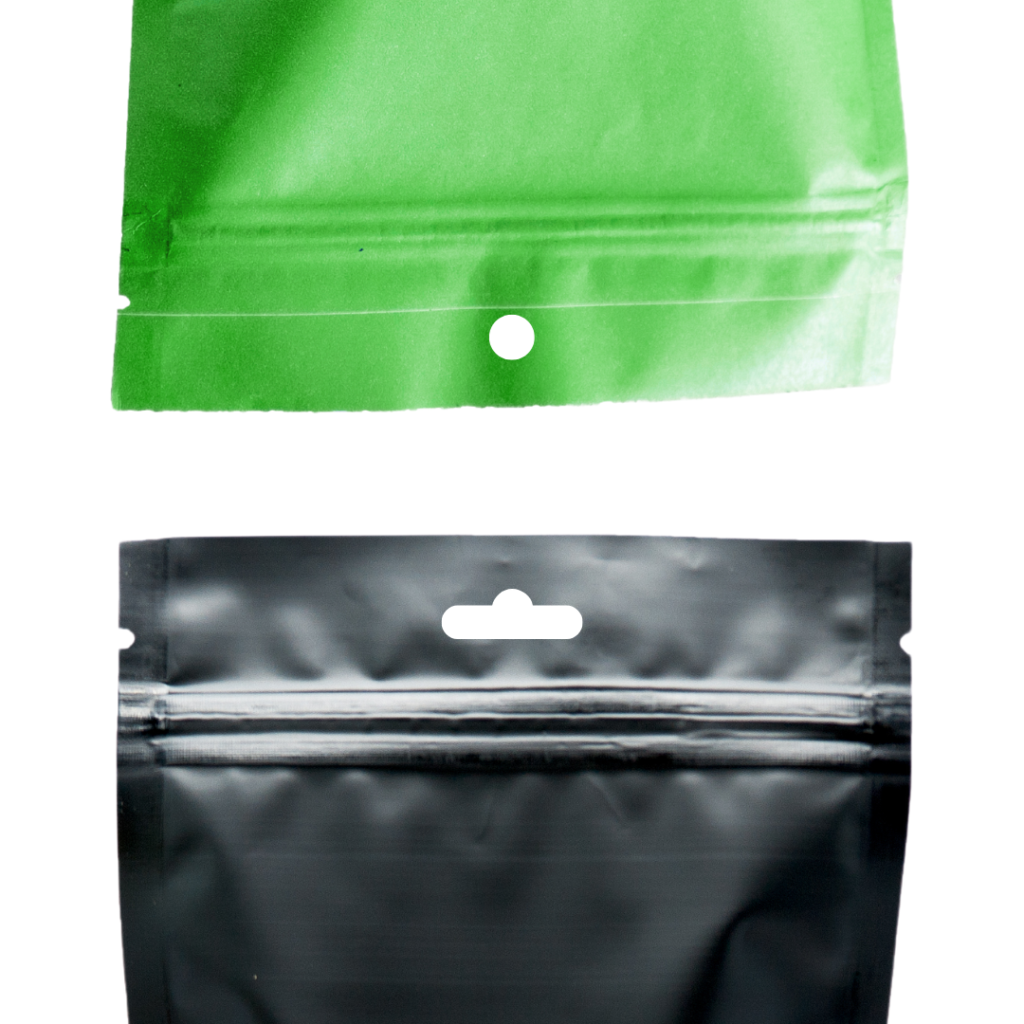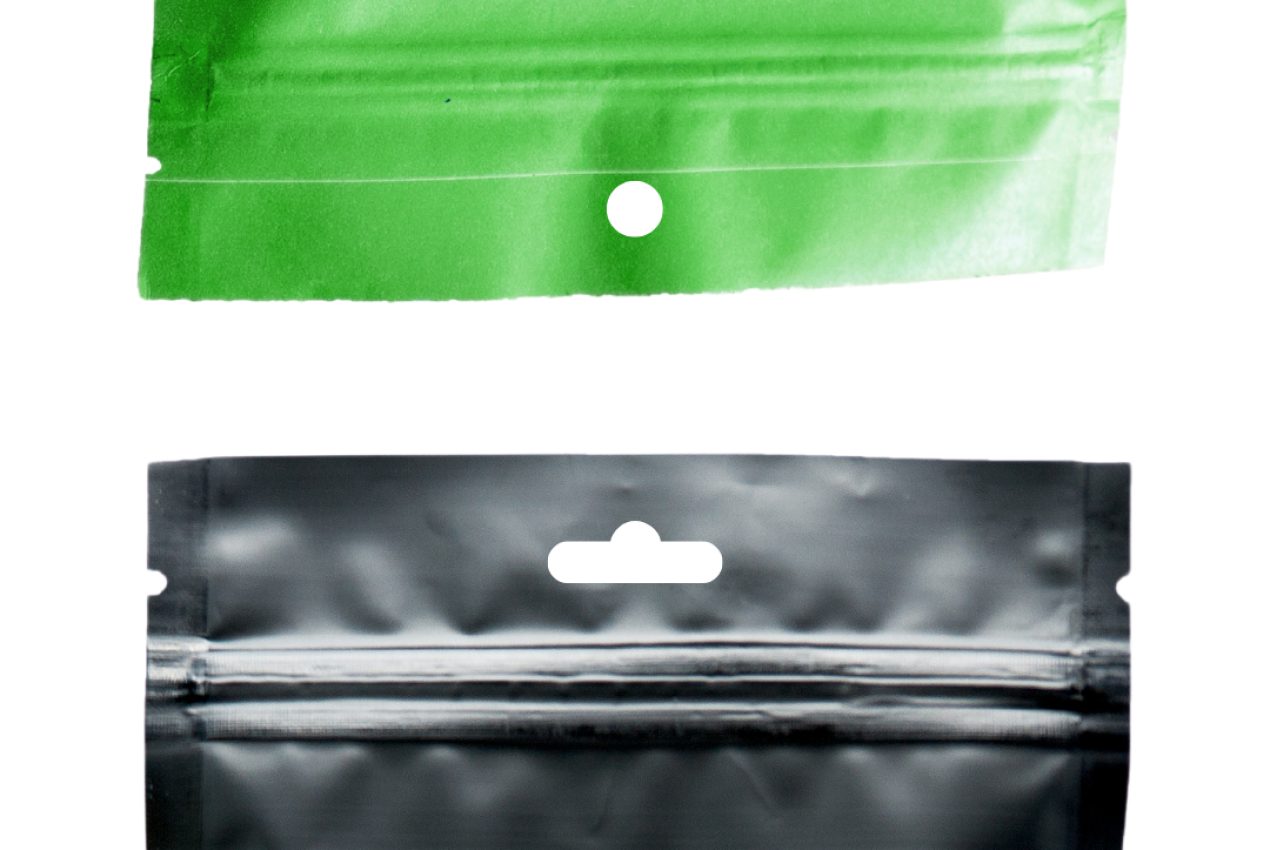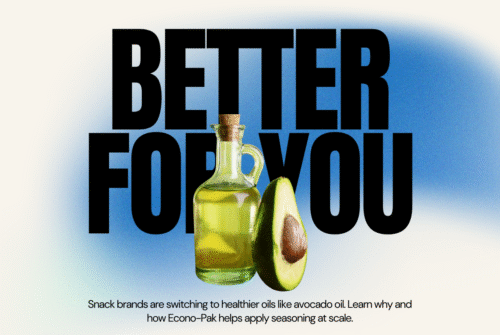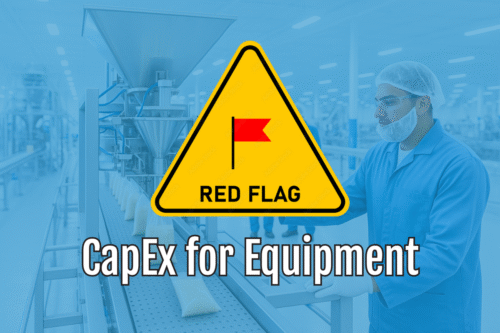Sombrero vs. Hole Punches in Packaging
When designing packaging for your products, every detail matters, from the type of material used to the functional elements like holes or punches for easy handling. Two of the most popular punch types in packaging are the sombrero punch and the hole punch.
While both serve essential purposes, each has its own unique advantages and applications.

What Are Sombrero Punches in Packaging?
A sombrero punch, also known as the inverted T punch, is a specialized type of punch used in packaging, characterized by its distinct shape. Named after the iconic Mexican hat, the sombrero punch features a raised circular profile with a reinforced rim, providing added strength and stability.
This design allows for greater durability, particularly when packaging heavier products. Sombrero punches are often used in cases where packages need to support extra weight, such as in food, beverage, or industrial packaging.
Sombrero punches are widely appreciated for their aesthetic appeal and versatility. They offer a clean and professional appearance, often utilized in high-end or premium packaging solutions where both functionality and design are important.
The reinforced rim of the sombrero punch can also improve the overall structural integrity of the packaging, making it a preferred choice for companies looking to enhance both performance and presentation.
What Are Hole Punches in Packaging?
Hole punches, on the other hand, are simpler and more commonly recognized in everyday packaging solutions. These punches are typically round or oval cutouts, often used for hanging or displaying products in retail environments.
They allow for easy placement on hooks or pegs, making hole punches an essential feature in consumer packaging, especially for products like tools, stationery, or small electronics.
The simplicity of hole punches makes them highly cost-effective and efficient for mass production. Businesses looking for basic yet functional solutions often rely on this type of punch in their packaging designs. Due to their minimalistic design, hole punches are widely adopted across various industries, and their application is flexible enough to work with different packaging materials such as cardboard, plastic, or flexible films.
Key Differences Between Sombrero and Hole Punches
The primary difference between sombrero punches and hole punches lies in their structure and purpose. Sombrero punches are more robust, offering enhanced strength with their reinforced rim, while hole punches are simple cutouts that serve as lightweight, cost-efficient options. In terms of design, sombrero punches offer a more refined and finished look, making them a better choice for premium products, whereas hole punches are more suitable for high-volume, budget-conscious packaging designs.
Another notable difference is in how each punch performs under stress. Sombrero punches, thanks to their raised edges, distribute weight more evenly across the packaging, reducing the risk of tearing when heavy items are involved. In contrast, hole punches may be more prone to damage when handling heavier or bulkier products. As such, companies need to consider the weight and fragility of their products when choosing between the two.
How to Choose the Right Option for Your Packaging Needs
When selecting between sombrero and hole punches, consider these factors:
- Product type and weight:
- Heavy or delicate items may benefit from the durability of sombrero punches.
- Lighter products are often fine with simpler hole punches.
- Target audience:
- Luxury and premium markets might prefer the refined look of sombrero punches.
- Practical, budget-focused packaging can leverage hole punches.
- Brand goals:
- Brands emphasizing quality and presentation can use sombrero punches for added appeal.
- Brands that prioritize simplicity and cost-effectiveness may lean towards hole punches.
Let's start scaling.
Is your demand outpacing your ability to package your own product? Then consider outsourcing with Econo-Pak.
With over 40 years of experience working with both small brands and Fortune 500 companies, we are capable of handling your specific dry food product.
Get in touch with our team for a fixed-price quote for your project.





